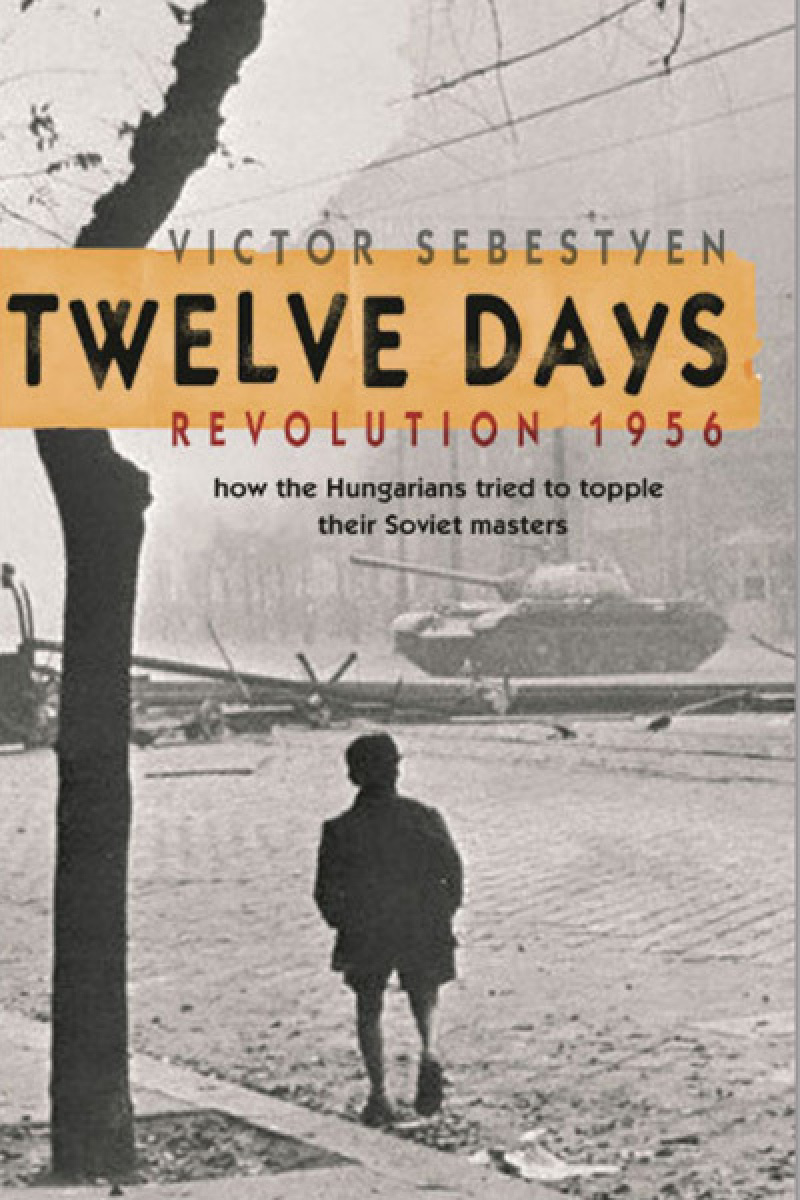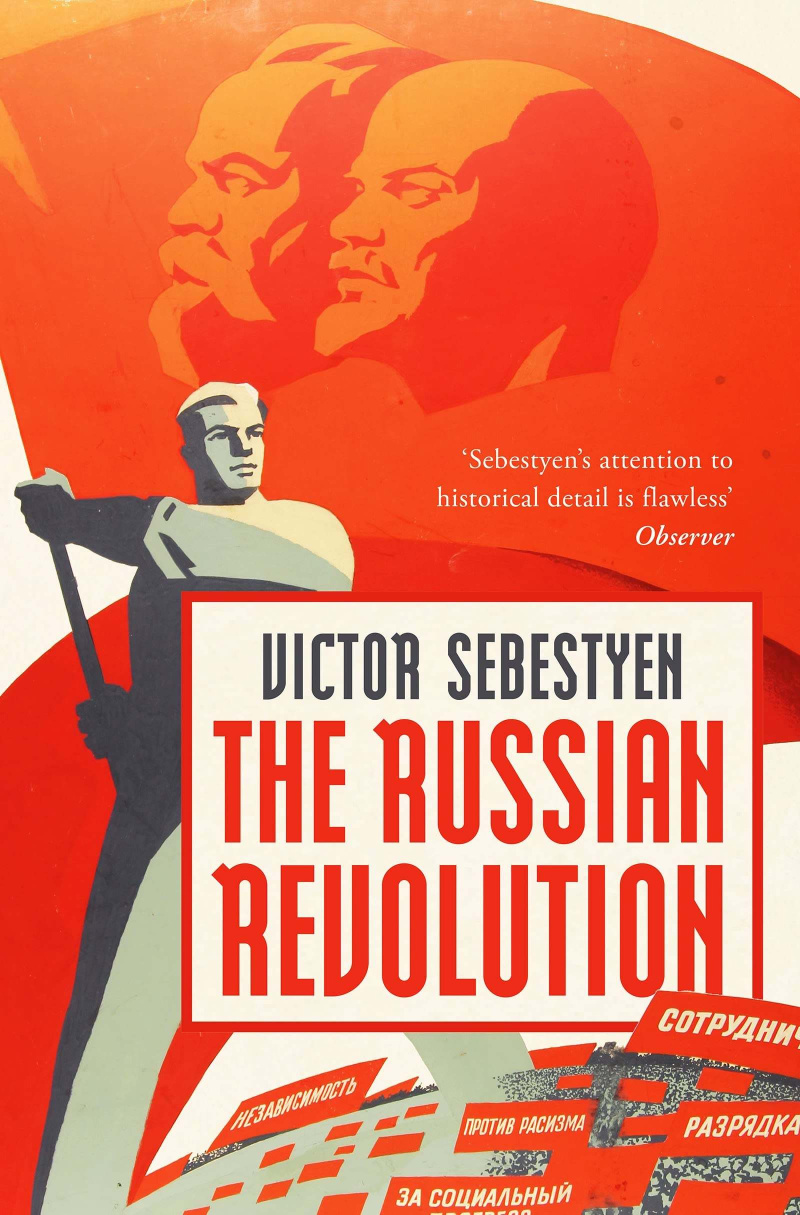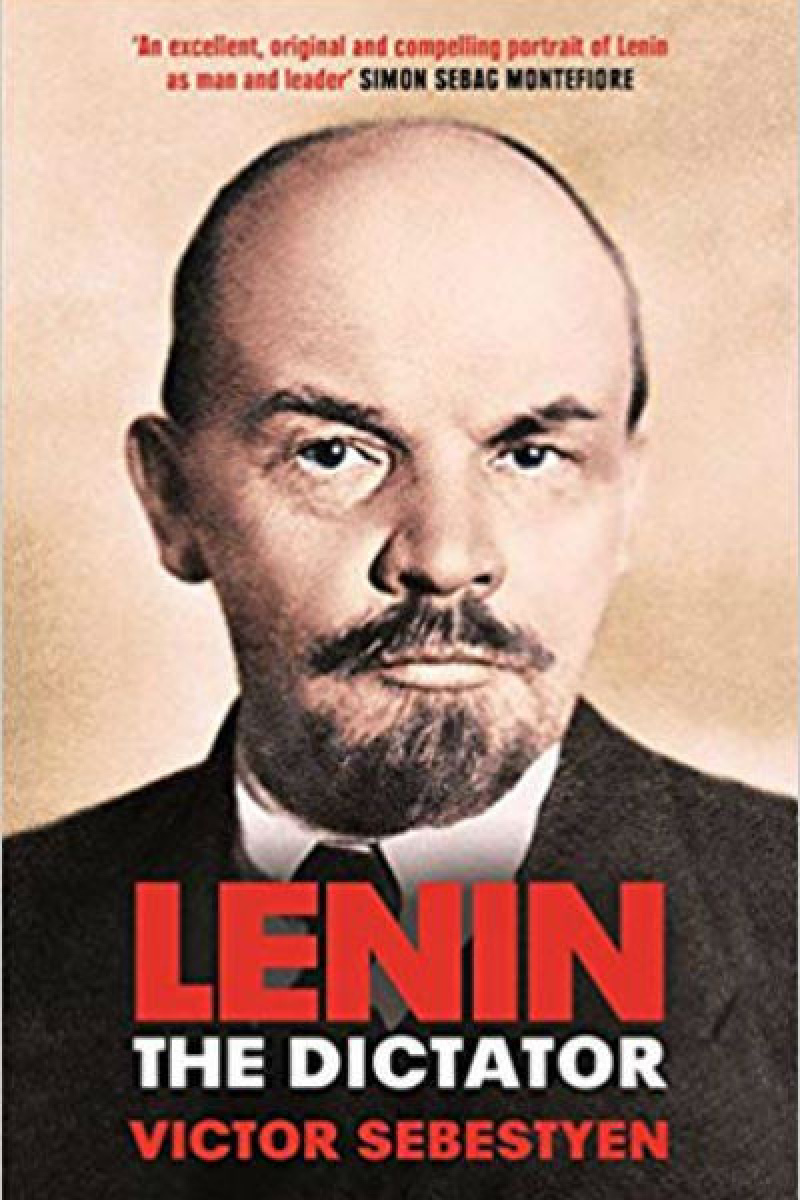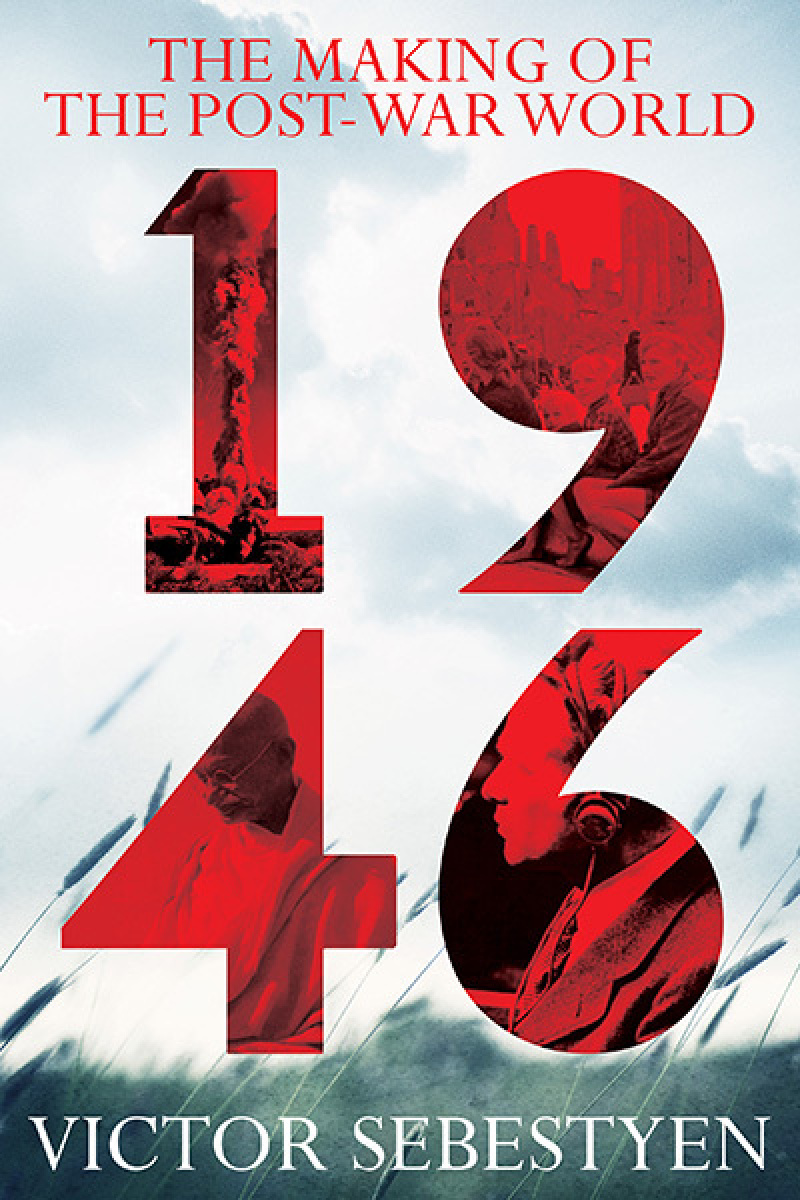Twelve Days

Twelve Days
On the fiftieth anniversary of the Hungarian Revolution, a defining moment in the Cold War, Victor Sebestyen, a journalist whose own family fled from Hungary, gives us a totally fresh account of that uprising, incorporating newly released official Hungarian and Soviet documents, his familiy’s diaries, and eyewitness testimonies.
Tracing the events that led to the rebellion, Sebestyen tells the story of these twelve days with front-page immediacy. Sebestyen’s narrative moves from the tumultuous streets of Budapest to the inner sanctums of the Kremlin and the White House, where we hear the conversations of the men and women who planned and took part in the uprising and of those who helped to crush it – some actively, others through craven inaction.
Sebestyen shows how Western anti-Communist rhetoric encouraged the rebels and convinced them they would receive help. We witness the thrilling first days when, armed with a few rifles, petrol bombs, and desparate courage, the people of Budapest rose up against their Soviet masters and nearly succeeded in routing the Russian forces. For a few exciting days, as the Western world watched in amazement, it looked as though the Hungarians would win and humble the Soviet Union. Russian troops withdrew. But not for long.
The Soviets showed they would resort to brutal lengths to cling to their Communist empire – and the West was prepared to let them. The free world looked on in sympathy and horror, did nothing, and, finally, the Hungarians suffered a devastating defeat, remaining under Soviet occupation for three more decades.
Fast-paced, vivid and authoritative, Twelve Days adds immeasurably to our understanding of one of the most important battles of the Cold War and reminds us – through the extraordinary courage and sacrifice of the Hungarian people in their doomed fight – of the unquenchable human desire for freedom.
 Victor Sebestyen
Victor Sebestyen





